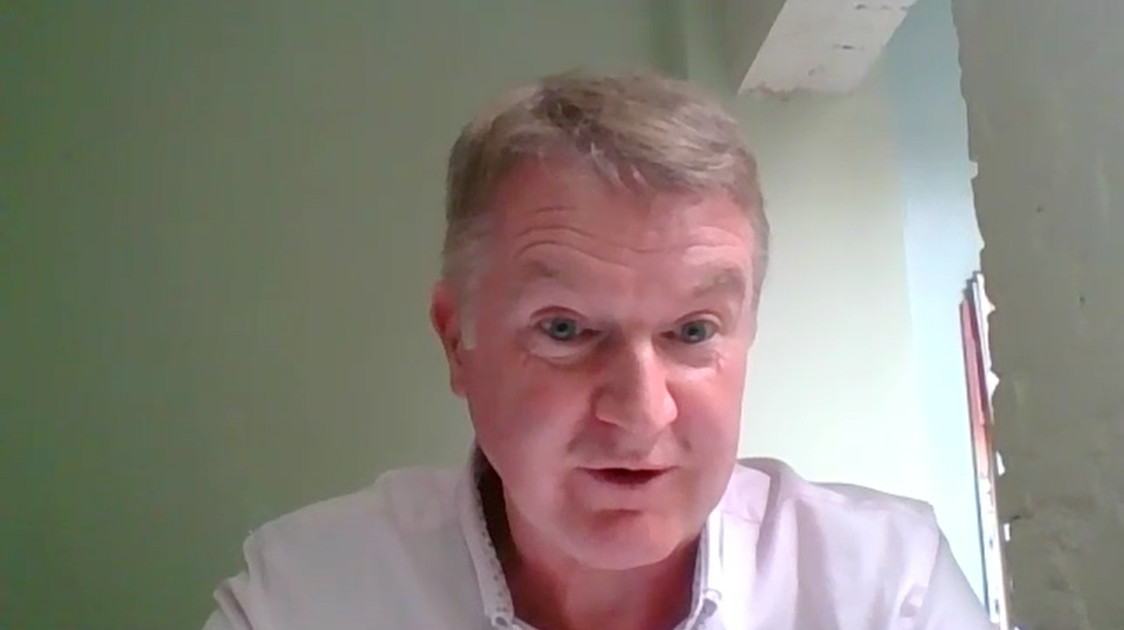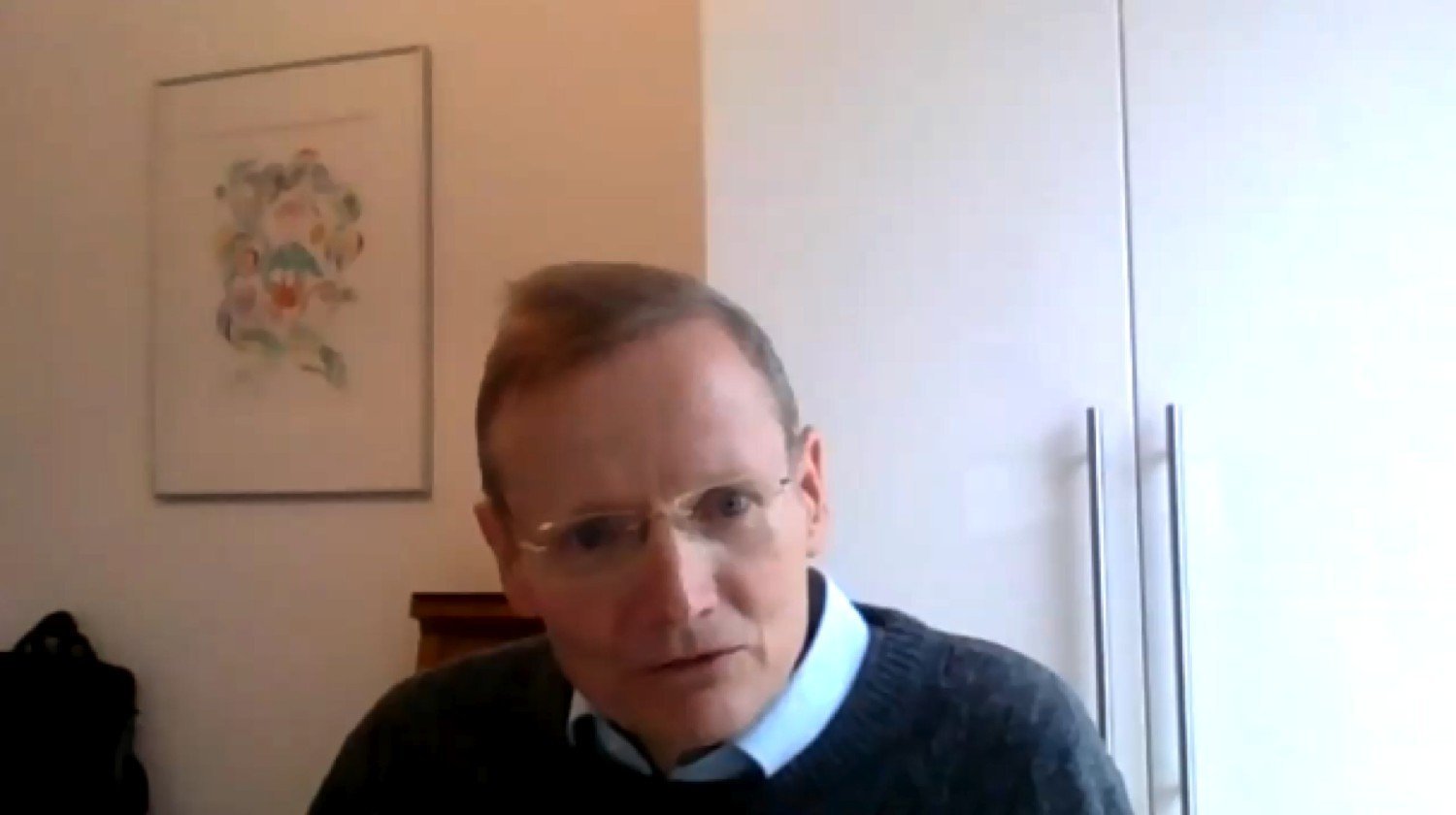Tito Boeri
Italian. Economist, Professor at Bocconi University/ Milano, Adviser
1. Why does economics matter?
Economics matters because it’s a way of organizing the relevant information and structuring our thoughts about the way in which incomes, jobs, prices and many other variables affecting our everyday life are generated. Clearly this works if economists are sufficiently humble to look not only at the big picture, but also at the details and leave the ivory tower to confront with real world issues and the way people for their opinions about economic phenomena.
Almost every single day, I do receive mail from people without a background in economics, and these people claim to have the recipe to solve complicated issues like the low growth of the Italian economy or reduce the public debt. People believe that economics is simple and intuitive, which is generally not the case, and hence want to have their say on extremely complex problems.
Let me give you a recent example of how people think about very substantive issues in a way which can be quite misleading.
In Italy during the COVID-19 pandemic, a lockdown of layoffs, of all economic layoffs was implemented. They were banned, all types of layoffs, whether individual or collective economic dismissals. So now 15 months down the road of this decision, there are discussions about lifting this restriction and everybody seems to think that this ban should be kept because there won’t be layoffs. They completely forget about the hiring side. They seem not to take into account that employers may react to this by freezing new hires. A ban in layoffs does not preserve employment, but only the jobs of workers with open ended contracts in firms that survive. Indeed, over these 15 months Italy lost some one million jobs.
And the reason why we lost one million jobs is that there is not only the layoff part, but there is also the hiring part. So if you prevent layoffs, firms immediately stop hiring new people. And that’s another way to reduce employment. Also, they will not renew fixed-term contracts at their expiration. And that has been happening very much. The connection between the layoff part and the hiring part usually not taken into account by people without any background in economics. Everybody who’s been studying economics knows the two decisions are interlinked.
Another example related to this issue: the proposal has been recently made to keep the restriction to prevent layoffs only for firms in sectors under heavy restructuring well before the pandemic and therefore at risk of implementing mass layoffs. In particular, the Minister of Economic Development in Italy has been suggesting that there should still be this firing restrictions for the textile industry, which is an industry that has been for several years under very difficult conditions.
Needless to say, this choice would create a gross wastage of resources, because a lot of resources would be channeled to firms that do not have any possibility to recover in the medium to the long run. Moreover, this would not succeed in preventing job losses as there would be several business failures.
Economists would be able to understand these trade offs and the complications that are related to the exit from such an unprecedented restriction to the personnel policy of firms.
People without a background in economics would not. And they may lead to very serious mistakes and bad views, a gross wastage of public resources.
2. What are the differences between economic science (academic economics) and economic engineering (policymaking)?
Well honestly, this is the first time I hear about economics engineering. I understand more economics close to policymaking, and I would call it that way. I have nothing against engineers, absolutely. I think they’re very relevant and so on, but I wouldn’t call it that way. I mean, I’ve never been calling it that way.
In economic science there is a huge variety. And there are people really living in the ivory tower and doing extremely complicated models showing elegance, style, formalism more than substance. Sometimes they use a lot of power or analytical power, extremely complicated math to get to results that are fairly obvious, to say the least, to those professionally involved in these decisions. In some cases these models are useless. So that’s part of economic science. At the same time, there are also academic economists developing methods that can be applied to better understand very serious issues and problems and help in instructing decisions in a better way.
So I think in the science there is a lot of variety, and clearly there are wonderful examples, good examples like people working on development, the work done by Esther Duflo and Abhijit Banerjee and Michael Kremer that has been rewarded with the Nobel Prize is something that certainly is extremely useful. The work done by David Card and other labor economists is certainly an example of development of methods and the use and collection of data to answer difficult questions and to provide guidance on these issues based on empirical evidence.
This approach brings economics very close to what you call economic engineering. Economics close to policy making is evidence-based economic policy, which I think is the most useful way to think about economics. Economics should be very much that. We should be humble because the issues are extremely complicated and we will not be able to answer all types of questions. Maybe sometimes these attitudes will not be rewarded by our profession, certainly would not perhaps induce a brilliant academic career, although there are the exceptions I was mentioning before.
But I think it would be extremely useful. People like Mario Draghi certainly do not have any academic status, they have never been considered as being academic economists, but certainly are people who have been playing a very important role in saving millions of jobs. Luca Attanasio, the Italian Ambassador to Congo killed last Winter is another example of a non academic economist saving thousand of lives. May director generals of hospitals during the pandemic used economics and management to extend the coverage of intensive therapy.
3. What role does economics play in society? Does it serve the common good?
Well, in part, the previous answer was going in that direction. Yes, it could, but I don’t think that most of the work that is being done by economists does that.
There is a lot of work that actually is not so much directed to that result. And clearly, part is due to the fact that the research agenda of some people is very far away from concrete problems that affect the welfare of millions of people. In other cases, it is because people fall in love with the elegance, the formalism of some models, and fly away from the trade-offs and institutional features that would make economic models most useful.
Only a minor part of research results are really going in the direction of serving the common good. And often these results are relatively small things. I wouldn’t be considering these results as huge innovations, as they are for the most incremental innovations, just to understand a bit better something. One provides the suggestions on how to improve a small detail of the policy. That I think is really a way for economists to serve the common good.
If you want to provide the beautiful model encompassing and explaining the world economy then you are bound to fail. Think about the two most recent crises. Let us start with the financial crisis: almost every economist working on finance and growth was predicting that globalisation would be very useful and would have been stabilizing economies, would have been creating resilience in our economies because of a principle of risk diversification and missing markets that increased the efficiency of economic systems. Well, it turned out -with very few exceptions like Raghuram Rajan and others who were warning about the risk of strong integration in financial markets and many bad incentives that were present at that level and so on and so forth.
But most of the professionals were thinking about the globalisation, financial deepening was the way to make our economies more resilient. Well it turned out that globalisation was certainly a factor behind the global financial crisis. And rather than playing a good role, it played the role of extending very rapidly the contagion and leading to a very heavy broader crisis.
Another example is with the pandemic. There was a model that was quite popular because it had been working pretty well in understanding the output fall in transition economies. It’s a model of disorganisation developed by Olivier Blanchard and Michael Kremer. And this was used at the beginning of a pandemic to state that we would have had mass trade disruption associated to the pandemic, due to the fact that there was a breaking of value chains and firms would have not been able to get to the intermediate products required in production. And that would have led to a mass collapse of world trade.
All of this did not materialize. Firms were pretty able to substitute and replace intermediate inputs. The issue is that the disorganization model was taken too seriously in spite of the fact that it characterize technology in a very restrictive fashion, as a Leontief type of technology not allowing for any type of substitution across inputs. So this is to tell you that when you pursue elegance and use clear simplifications to frame things that are extremely complex, at the end of the day you like so much this model that you tend to exchange models for the reality. That leads you to think in a way that could be as misleading as the way of thinking of a layperson that I was mentioning at the outset.
So I think that rather than thinking about having this huge innovation, this radical innovation, we should be more humble in this respect and think about the small, incremental innovation, looking very carefully at the issues, looking very carefully at the policies, at the details, at the institutional features and providing small suggestions on how to slightly improve matters. That I think is the way to proceed.
4. Economics provides answers to problems related to markets, efficiency, profits, consumption and economic growth. Does economics do a good job in addressing the other issues people care about: climate change and the wider environment, the role of technology in society, issues of race and class, pandemics, etc.?
Not always, as my previous answer would suggest. I honestly have to say that in most of the cases economics does not provide the answers. At the same time, when used properly, it could contribute to addressing these issues in a better way and guiding at least the organization of information about them. We live in a world where there is a lot of information, but often people without a good economic background, also statistical background, are not able to use properly this information. So that is clearly a contribution we can provide, could be indeed important.
5. As we live in an age of economics and economists – in which economic developments feature prominently in our lives and economists have major influence over a wide range of policy and people – should economists be held accountable for their advice?
Oh, sure, as in any other discipline. Yes. We’re responsible for those things that we state. And given the complexity of a problem, we can certainly make mistakes. But at the least I’m saying that’s a matter of intellectual honesty and we should be not only accountable but open in acknowledging our mistakes. Like in the trial to economists that I organized at the festival of economics in Trento.
6. Does economics explain Capitalism? How would you define Capitalism?
Economics helps in understanding a market economy. This is what you mean by capitalism? Economics explains the law of demand and supply and the effects of market power.
Yes. So it is certainly a useful discipline to understand how markets operate, market failures, market imperfections, and by doing that also suggesting that there is an important role of a state to remedy for these imperfections.
7. No human system to date has so far been able to endure indefinitely - not ancient Egypt or Rome, not Feudal China or Europe, not the USSR. What about global Capitalism: can it survive in its current form?
Well, I started by saying that we should be humble, and then you ask me this question!. So I don’t think I have the answer. I don’t know. I really don’t know. What I think is that the law of demand and supply will survive. It was there, after all, also at the Stone Age.
8. Is Capitalism, or whatever we should call the current system, the best one to serve the needs of humanity, or can we imagine another one?
And again, an easy and simple question that you ask me! I think I would answer the way Winston Churchill answered about democracy: many have been saying that capitalism is the worst system in the world except for all of the other forms that have been tried from time to time. So I don’t know any better.






